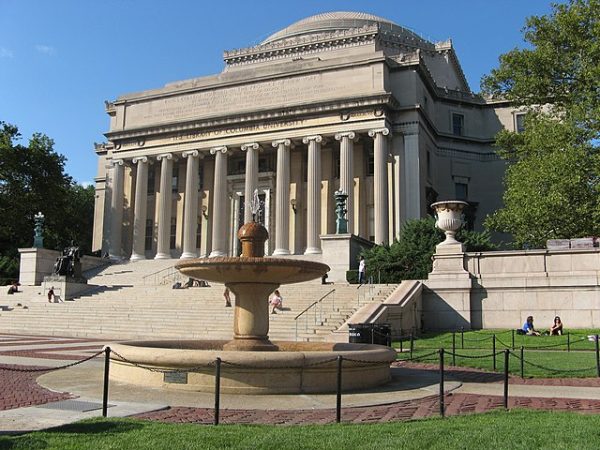In 2020 when the pandemic began, Yale cut their standardized testing requirements; however, they have now changed that decision and are once again requiring standardized test scores for the fall of 2025 applicants.
It is not just SAT/ACT scores that an applicant can put on their application, they could also use their AP or IB scores in place of the SAT/ACT score.
In a statement released by Yale on February 22, 2024, they said, “Yale’s test-flexible policy is designed to empower applicants to put their best foot forward. There is no perfect test, and no one-size-fits-all approach to demonstrating a student’s college readiness,” according to Yale News.
Dartmouth College recently released a similar statement, “Contrary to what some have perceived, standardized testing allows us to admit a broader and more diverse range of students,” Dartmouth said in response to test submission on applications. They have stated that with the class of 2029, students will have to put their standardized test scores on their application.
Students now have to face what this means.
“It adds a lot more pressure onto students who might not do well on tests, and it doesn’t necessarily demonstrate the capabilities of students in class,” DRHS junior Aleshai Vivanco Ramirez said.
Massachusetts Institute of Technology announced the reinstatement of their test scores in admissions last year. As they were the first school to reinstate their test policies, many wondered if others would follow. Now, in light of what is happening among the Ivy League schools, that leads to the question: will other colleges follow?

But not every school has been quick to go back to the way things were. According to the Daily Princetonian, Princeton University said that its test-optional policy will remain in place for at least the next two admissions cycles.
Columbia University, on the other hand, has gotten rid of the requirement altogether, “The holistic and contextual application review process for Columbia College and The Fu Foundation School of Engineering and Applied Science is rooted in the belief that students are dynamic, multi-faceted individuals who cannot be defined by any single factor. Our review is purposeful and nuanced—respecting varied backgrounds, voices, and experiences—to best determine an applicant’s suitability for admission and ability to thrive in our curriculum and our community, and to advance access to our educational opportunities,” according to Columbia University in a statement released on March 1, 2023.

Citing its internal research in its statement, Yale concluded that with a test-optional process “When admissions officers reviewed applications with no scores, they placed greater weight on other parts of the application. But this shift frequently worked to the disadvantage of applicants from lower socio-economic backgrounds,” Yale said, according to The Yale Daily News.
However, this statement might serve to be counterintuitive, as many higher and well-resourced high schools may show to have more opportunities for different test scores. In better-resourced schools, students will have the IB/AP styles classes, and it may be easier to get teacher recommendations. There are currently only 1,207 IB schools across America. Yale is adamant, however, that they will never just rely on test scores to admit students.
The renewed pressure this now adds is starting to show.
“It will be interesting because, before they were requiring it again, there were different ways to make students stand out, but now it might be harder with the SAT required again,” DHRS junior Emilia Wsol said.
According to Ivy Wise, many schools are changing their test policies and have certain restrictions on which students are able to be test-optional. Some schools, such as Augusta University, only allow tests optional for students with a minimum GPA of 3.4.
This leads to the question, how much weight does the SAT really hold in an application process, and does it even matter?









